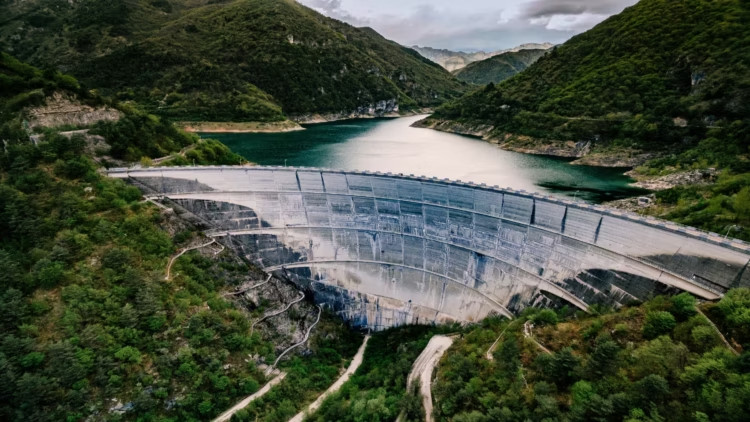The energy industry has gone numb at the announcement that Consumers Energy proposed to sell 13 giant hydroelectric dams in Michigan at an almost incredible price, namely one dollar a dam, in a shocking deal that has the power to redefine energy landscapes in the state and severely casts doubts over the ability of this unprecedented sale as an innovative approach to saving money, or as the swap of key infrastructure assets for a permanent relinquishment henceforth.
Michigan historic dam sale changes Utah energy landscape
Remaining on the topic of obtaining an agreement to sell 13 hydroelectric dams in Michigan to Confluence Hydro, according to ABC12, Consumers Energy has signed the deal. The sale entails several dams along the Au Sable River; the Confluence Hydro will upgrade and maintain the facilities while signing a long-term contract with Consumers Energy.
The sale price is 13 dollars, only 1 dollar each day, though with that, we are going to be making a purchasing power agreement with 30 years of power buying at Consumers Energy, President Sri Maddipati. This contract would enable Consumers Energy to buy the energy produced by the dams, as Confluence will assume the duties of running the operation.
All 13 of the Consumers dams will be purchased in a deal announced Tuesday, September 9, by Hull Street Energy of Bethesda, according to MLive. The sum of both dams is 132 megawatts of energy, and this is a substantial amount of energy that serves as renewable energy in the state of Michigan.
Preservation strategy is propelled through community input
In 2022, there were consultations on whether to sell the dams, and Consumers Energy sought the community’s opinion. The community was heard clearly that they wanted the dams to remain, Maddipati said. Not only to simply remain, but to remain safely in operation.
Angela Thompkins, the Vice President of External Affairs at Consumers Energy, noted that the dams were very crucial to community life, providing opportunities for fishing and hiking. It is our dedication to Michigan and ensuring the prosperity of this state, with our Parks and Recreation, said Thompkins.
According to the Michigan utility, the sale will not relinquish the dams and upstream impounds, which saved its customers money. The value here, according to Maddipati, is our capabilities to save money for our customers and still support communities and employees.
Strategic partnership ensures operational continuity
The transaction is in regulatory clearance and is likely to be executed in 12 to 18 months. Confluence with the new rule in place will hire all of the workers available at the moment, and therefore will not end operations, and job levels in the region will not be impacted.
The transaction is a healthy shift in the framework of the utilities with regard to aging infrastructure facilities. Contrary to incurring the existing cost of maintenance and upgrades, Consumers Energy will transfer operation liabilities, thus retaining the power generation availed to it through the long-term purchasing agreement.
The regulation approval begins
The transaction must be ratified by various regulatory bodies prior to becoming a reality. The 12-18 months plan also takes into consideration the opaqueness of management of the ownership of key infrastructural property and maintenance of all the safety and ecological standards throughout the transfer.
The Dam sale by Consumers Energy is the ultimate test of the utility assets management when the assets are not absorbed by the operating liabilities of the assets, but the specialists are left to the power suppliers, and a long-term contract assures the consumers of the power supply. Other utilities, such as those keen on the cost-effectiveness of aging infrastructure, can replicate such a novel practice and maintain the advantages that the community and environmental stewardship would inherently involve.


